[ad_1]
If Marvel Studios head of TV, Streaming and Animation Brad Winderbaum wanted to make a sequel to X-Men: The Animated SeriesHis boss, Marvel Studios president Kevin Feige, told him he needed two things to get the green light: the original theme song and the original cast.
According to Winderbaum, getting them both “was the easiest thing in the world.”
“Everyone was thrilled to be back,” Winderbaum said, “and we were thrilled to have them back.”
The result is X-Men '97streaming exclusively on Disney+ on Wednesday, March 20.
X-Men '97 It is not a reboot or remake of the original show. Rather, it is a continuation, beginning immediately after the final events of X-Men: The Animated Series.
The series begins after the death of X-Men founder Dr. Charles Xavier. “Even though Xavier is no longer on the team, his message and his influence loom large,” Winderbaum said.
“Much of the story in those early episodes is about characters struggling with how to fulfill Xavier's dream of coexistence in his absence,” Winderbaum explained. “Scotland [Cyclops] He certainly struggles with that. “Magneto certainly struggles with that, and everyone has a different point of view on how to best continue his legacy.”
But why was 2024 the right time to bring these characters back to the screen?
“Because it was the first opportunity we had to do it,” Winderbaum joked.
After the success of And if?, Marvel saw an appetite for more animated series. Winderbaum took the opportunity to reunite the X-Men with the public.
“The original X-Men: The Animated Series “It has been a secret influence for many creators of our generation,” said Winderbaum. “It comes up all the time, it comes up as often as Star Wars comes up, if you were born at a certain time.”
According to Winderbaum, “The plan was never going to be 'Let's make a new X-Men show that takes place in 2024 and we'll redesign them and make them great for today.'”
Instead, the most exciting opportunity was working within the parameters of the '90s, which “makes it feel new, even though it's old. “It's fun to tell superhero stories in a time before the Internet and cell phones,” Winderbaum said. “It's just a different rule book that players have to follow.”
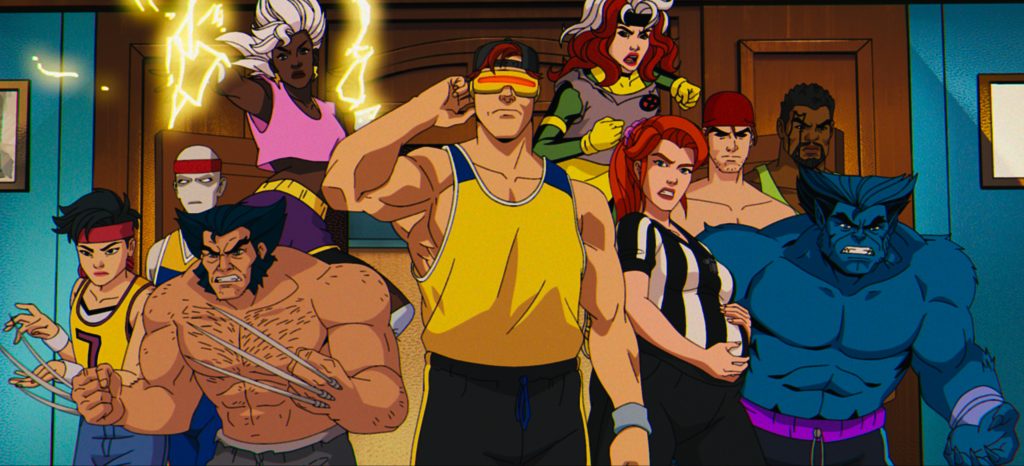
“We spent all of our time and all of our creative effort trying to emulate our memory of this, which is why it was so important to not only get the cast back, but to get them back.” [original series co-creator] Eric Lewald back and [original series director] “Larry Houston came back to tell us how the original program was made and help us determine our parameters,” Winderbaum said.
The benefits of technological advances in animation over the past three decades were actually a challenge when producing the show. “We needed to create our own rulebook based on the limitations that Larry and Lewald had when they made the original show,” Winderbaum said.
For Winderbaum, that meant “staying in a '90s aesthetic locked into a flat spatial narrative with big, bold colors, staying on the x/y axis as much as possible.”
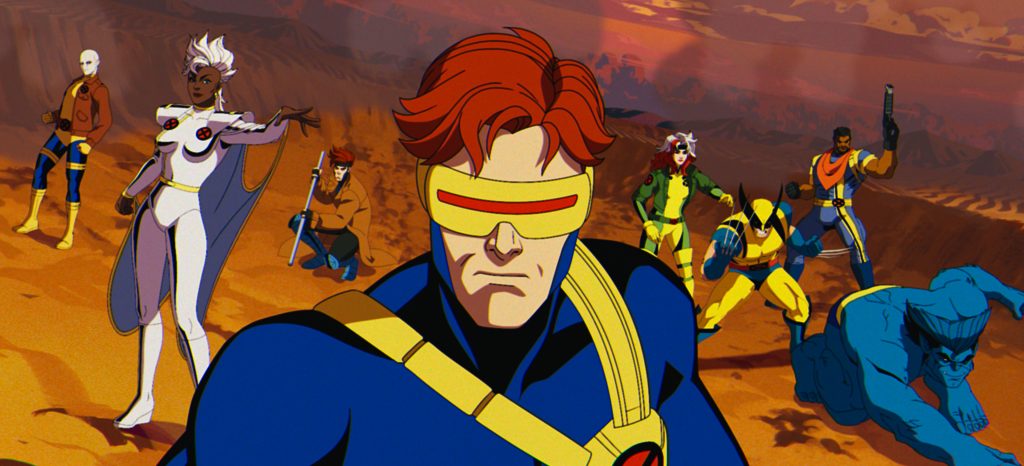
“Now, we broke those rules,” Winderbaum noted, “but we broke them at really specific times when the drama of the story demanded it.”
Part of breaking the rules meant fulfilling some of the ambitions that the original creators wanted to achieve but couldn't due to the technological limitations of the time.
For example, in the opening credits there's a shot “where Rogue throws that bad guy on her; if you look at the original opening, it's a much shorter shot,” Winderbaum explained. “We zoomed in and made this shot that matched [Houston’s] original storyboards from the 1990s.”
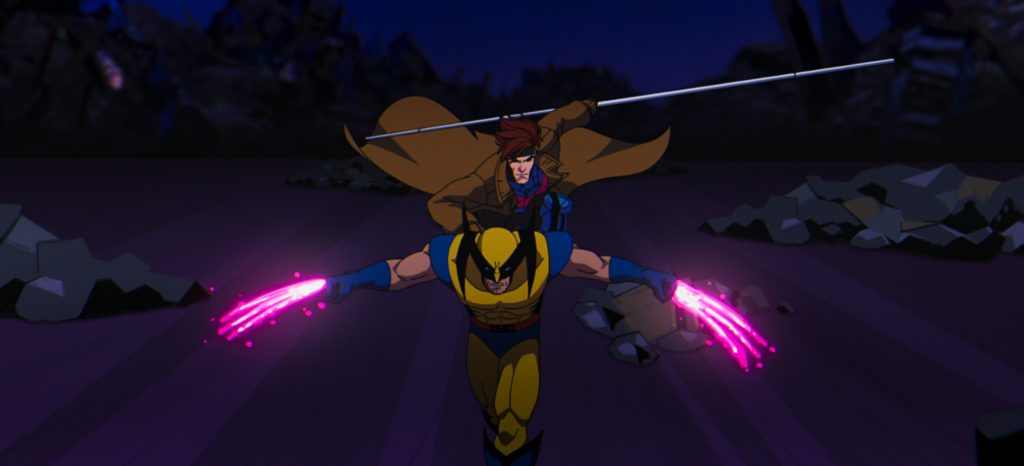
“One of the things that makes Marvel storytelling unique is that we're always standing on the shoulders of giants,” Winderbaum said.
Winderbaum named Chris Claremont, John Byrne, Jim Lee and, of course, Eric Lewald and Larry Huston as some of those who have expertly managed the X-Men across the page and screen.
“This is our opportunity with our new team to carry that torch,” Winderbaum said.
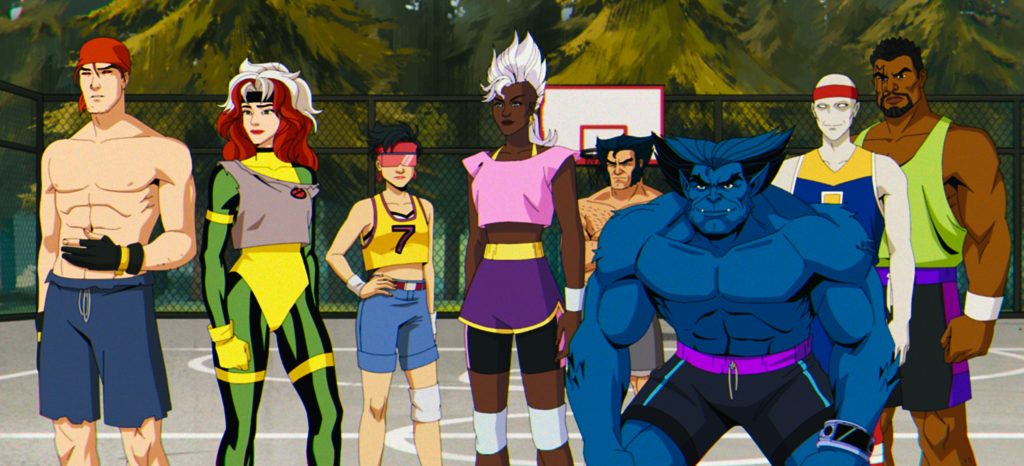
Winderbaum also found parallels between his team and the characters continuing Xavier's legacy: “In a way, the narrative mimics the creation of the show. There is this idea of defending the legacy that is inherent in the DNA of the project.”
And as for what Winderbaum is most excited for fans to experience in X-Men '97?
“I'm excited for fans… to remember the dramatic depths to which the X-Men can go. And I'm excited that new audiences will be surprised by the impact some of these stories can have when they see them. [them] on the screen.”
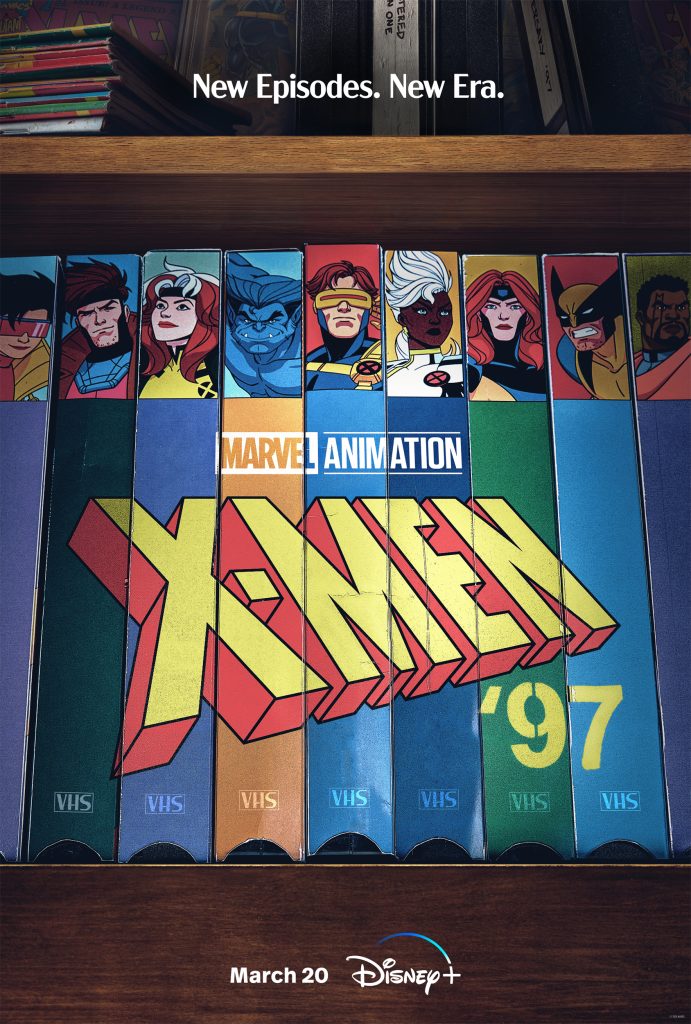
[ad_2]
